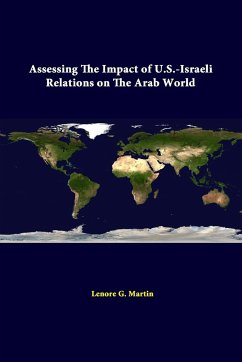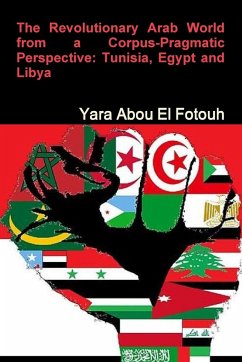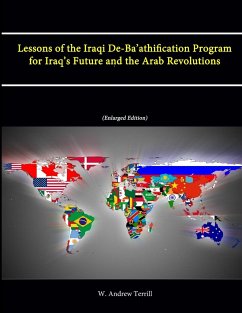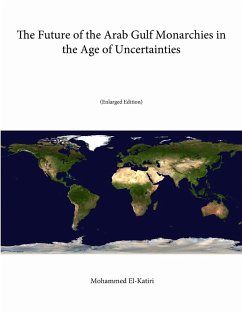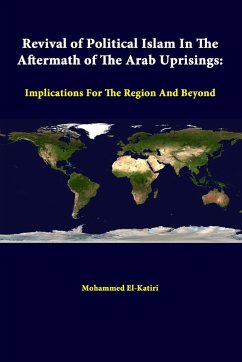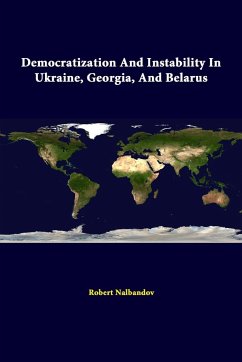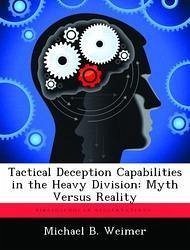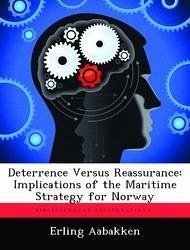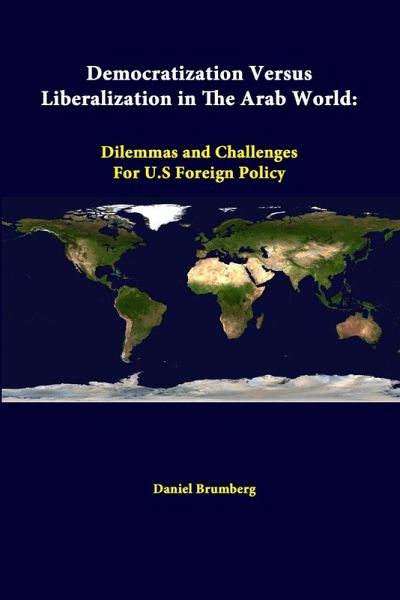
Democratization Versus Liberalization In The Arab World
Dilemmas And Challenges For U.s Foreign Policy
Versandkostenfrei!
Versandfertig in 1-2 Wochen
16,99 €
inkl. MwSt.

PAYBACK Punkte
8 °P sammeln!
The question of democracy in the Middle East has become an issue of high politics and high policymaking for the U.S. Government. Yet in the process of rising to such a salient position in the foreign policy agenda, many of the nuances and complexities that promoting democracy in the Middle East encounters have received inadequate analysis. The central distinction between political liberalization and democratization is particularly important. Political liberalization is not a phase in an inevitable transition to democracy in the Arab world, but rather a hybrid system that blends liberalization ...
The question of democracy in the Middle East has become an issue of high politics and high policymaking for the U.S. Government. Yet in the process of rising to such a salient position in the foreign policy agenda, many of the nuances and complexities that promoting democracy in the Middle East encounters have received inadequate analysis. The central distinction between political liberalization and democratization is particularly important. Political liberalization is not a phase in an inevitable transition to democracy in the Arab world, but rather a hybrid system that blends liberalization and autocracy. For the United States, a key question it must tackle is whether it should push Arab regimes to move beyond the boundaries of liberalized autocracy. The answer is far from obvious, since any push for substantive democratization could empower Islamists, and/ or re-ignite sectarian, religious, or ideological conflict in countries such as Egypt, Morocco, Kuwait, Bahrain, Jordan, or Yemen.



